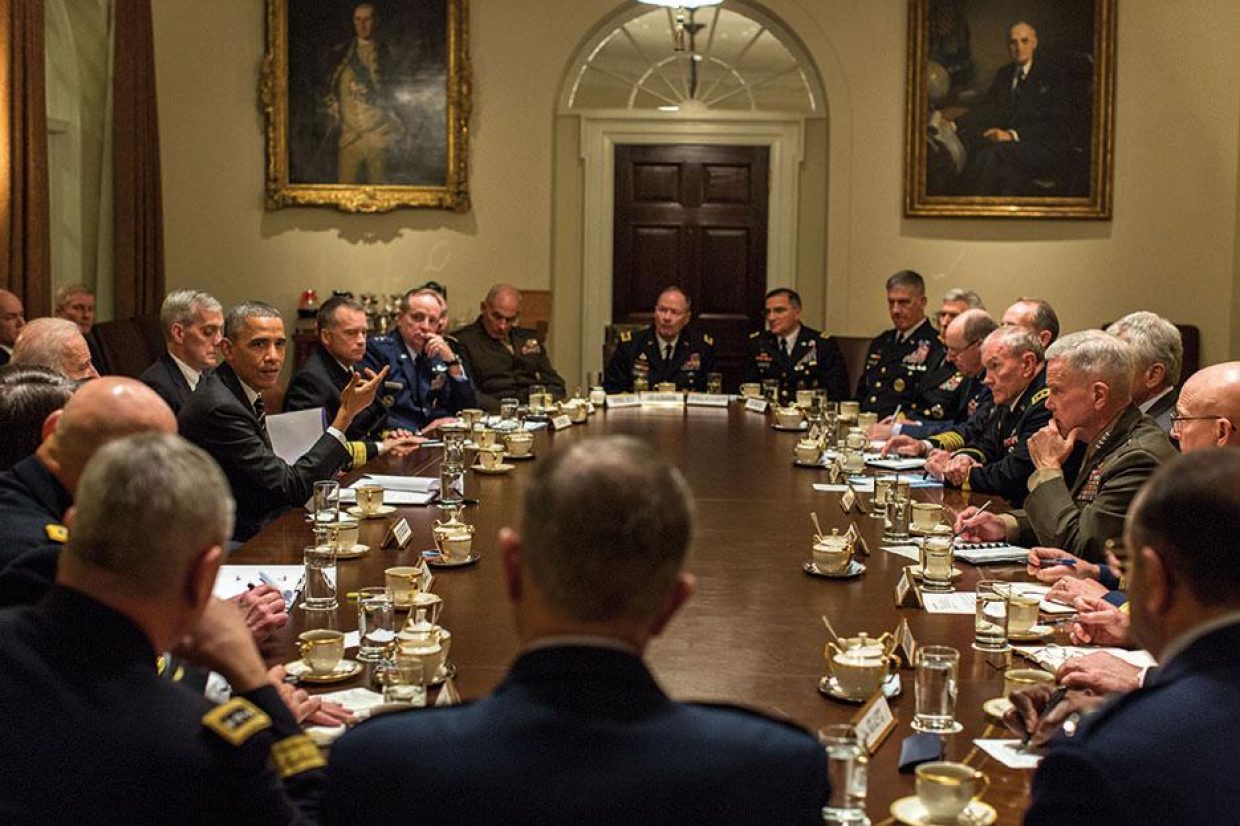When we think about military conflicts, it’s easy to focus on battles, strategies, and the bravery of those involved. However, beneath the surface lies a complex web of political agendas that often shape not only the reasons why wars begin but also how they unfold and ultimately end. Understanding the influence of political goals on military actions provides valuable insight into the broader picture of conflict—and why peace can sometimes be so elusive. In this article, we’ll explore how political motivations drive decisions on the battlefield and the far-reaching consequences they have for nations and people alike.
Table of Contents
- Understanding the Role of Political Goals in Shaping Military Strategies
- Examining Case Studies Where Political Motives Altered Conflict Outcomes
- The Impact of Domestic and International Politics on War Decisions
- Recommendations for Balancing Political Objectives with Military Effectiveness
- To Wrap It Up
Understanding the Role of Political Goals in Shaping Military Strategies
Military strategies are seldom crafted in isolation from the broader political landscape. Political objectives act as a compass, directing operational decisions and shaping the tactics employed on the battlefield. Whether the aim is to secure territorial claims, influence international alliances, or achieve ideological dominance, these goals infuse military campaigns with purpose beyond mere combat. Commanders must balance battlefield pragmatism with the often complex and evolving agendas that define a nation’s political will, ensuring that each maneuver aligns with desired diplomatic outcomes.
Several key factors illustrate how political goals influence military planning:
- Resource allocation: Political priorities determine which fronts or conflicts receive greater funding and manpower.
- Rules of engagement: Political considerations often limit the use of force, shaping strategies to minimize civilian casualties or international backlash.
- Negotiation leverage: Military actions are calibrated not only to win battles but also to strengthen a country’s hand in diplomatic talks.
- Public opinion: Military strategies are often tailored to maintain or boost support among domestic constituencies.
Examining Case Studies Where Political Motives Altered Conflict Outcomes
Political motives have repeatedly reshaped the destinies of military conflicts, often diverting battles from their initial strategic intentions. A notable example is the Vietnam War, where U.S. political agendas aimed to curb the spread of communism, causing sustained military involvement despite rising domestic opposition and questionable tactical advantages. This political interference not only prolonged the conflict but also shifted public perception, eventually influencing policy decisions and troop withdrawals. Such instances demonstrate how political objectives can overshadow military logic, resulting in outcomes that reflect governmental aspirations more than battlefield realities.
Similarly, the Falklands War showcases how national pride and political calculation can drive rapid military action, with lasting geopolitical consequences. In this case, the British government’s need to assert sovereignty and maintain internal support led to a decisive but politically charged campaign. The war’s resolution bolstered national morale and reinforced political leadership, illustrating the intricate link between governmental agendas and combat operations. Key factors to consider include:
- Decision-making influenced by political survival over military pragmatism
- The use of conflict outcomes to legitimize ruling authorities
- Long-term impacts on diplomatic and domestic policies
The Impact of Domestic and International Politics on War Decisions
Political agendas serve as the unseen architects behind the decisions to engage in or avoid war, weaving domestic priorities tightly with international ambitions. Within national borders, leaders often face pressures such as public opinion, economic conditions, and party politics, all of which shape the momentum toward military action or restraint. For instance, a government’s desire to maintain popularity can either ignite conflicts as distractions or drive peacemaking efforts to secure voter confidence. Conversely, international relations and alliances create a complex chessboard where states must balance their strategic interests against ideological commitments and diplomatic consequences. In this delicate dance, every move is calculated to either assert dominance or preserve fragile peace, frequently prioritizing political leverage over straightforward military rationale.
Key factors that illustrate this interplay include:
- Propaganda and Media Control: Harnessing narratives to galvanize public support or justify interventions abroad.
- Economic Interests: Protecting resources, trade routes, or markets that underpin national prosperity and political stability.
- International Alliances: Obligations and rivalries that can either embolden or restrict military maneuvers.
- Legislative Constraints: Parliamentary or congressional oversight shaping the timing and scope of military engagements.
Ultimately, the fusion of domestic and global political dynamics underscores that war is rarely a straightforward military endeavor but a multifaceted decision influenced by agendas that extend well beyond the battlefield.
Recommendations for Balancing Political Objectives with Military Effectiveness
Striking a harmonious balance between political directives and military efficiency requires deliberate communication and mutual respect between civilian leadership and military commanders. Political goals often embody broader societal values and objectives, while military operations demand pragmatic approaches to rapidly changing battlefield realities. To address these inherently different perspectives, it is essential to implement structured dialogue channels that allow for real-time feedback and adaptive strategies. This ensures that political aims remain achievable without compromising operational integrity or troop safety.
Additionally, establishing a framework that acknowledges the unique expertise of military professionals can enhance decision-making and foster trust. Key recommendations include:
- Clear prioritization of objectives, distinguishing political ambitions from achievable military goals.
- Continuous training for political leaders on military strategy fundamentals to deepen their understanding of combat constraints.
- Empowering commanders with autonomy within defined political boundaries to adjust tactics in fluid situations.
- Regular joint evaluations to assess mission progress, recalibrating strategies to align evolving political expectations with battlefield realities.
To Wrap It Up
In the end, understanding how political agendas shape military conflicts is crucial for anyone looking to grasp the complexities behind global events. These agendas often drive decisions that extend far beyond the battlefield, influencing not only strategies and alliances but also the very outcomes of wars. By keeping a critical eye on the political motivations at play, we can better navigate the narratives presented to us and foster more informed discussions around conflict and peace. Thanks for reading, and stay curious!













